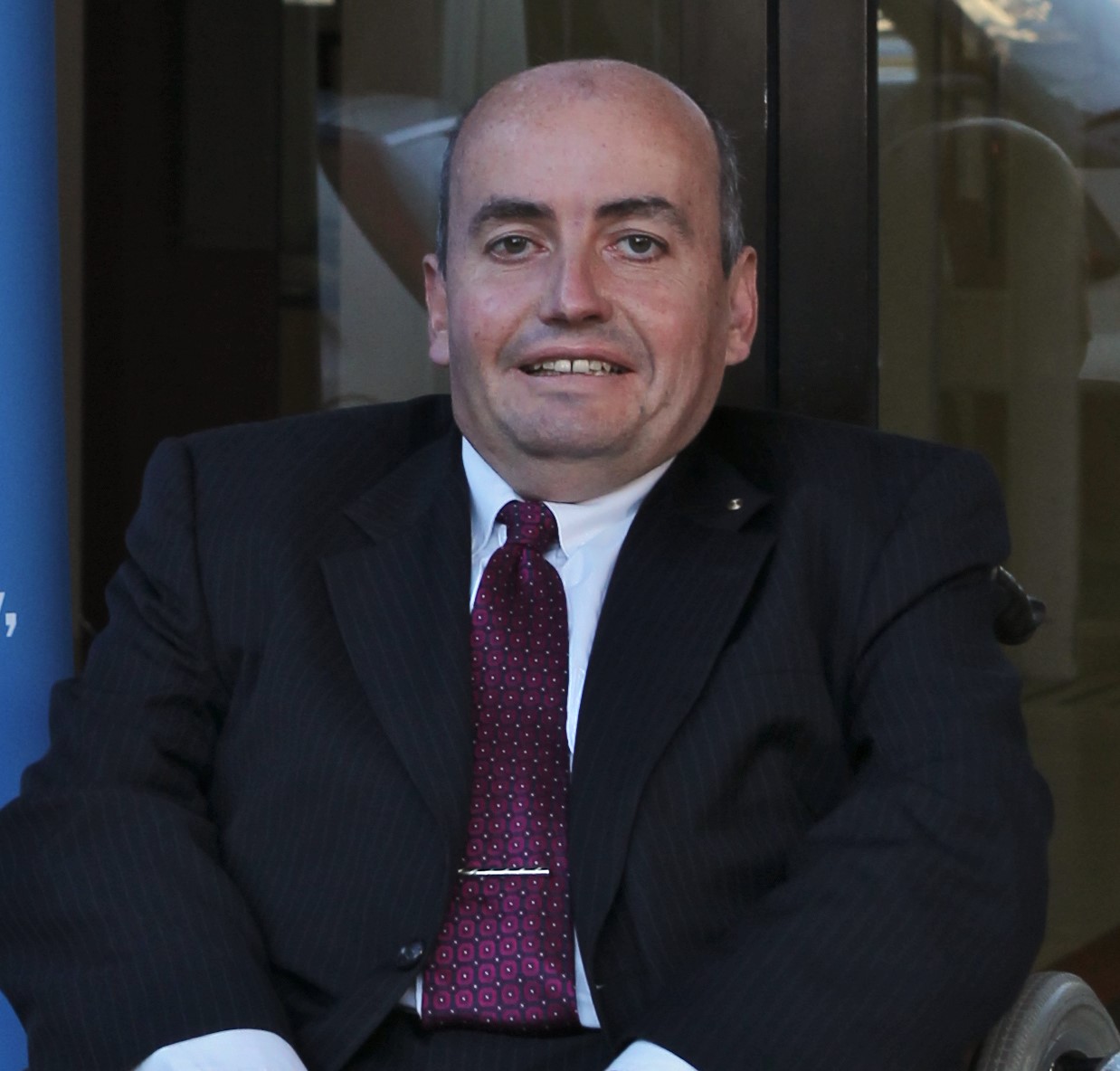
“We’re weighing the ability of disabled people to have a glass of water in a cafe without choking to death against harm caused by plastic straws.” says CRAIG WALLACE, the new head of policy at Advocacy for Inclusion.
CITY Services minister Chris Steel has announced the ACT government’s next set of single-use plastic bans, including a ban on the sale or supply of single-use plastic straws.

Plastic straws have been delayed till this tranche of the plastics ban because the government is aware some people with disabilities require them.
The reasons people with disability need straws are complicated and not well understood. This makes the straws an easy, populist target for waste-reduction initiatives when compared to bigger but more challenging targets such as abandoned commercial fishing equipment or, closer to home, the slew of rubbish degrading Canberra’s lakes and catchments.
The reality is that single-use plastic straws are an essential accessibility tool for people who cannot lift a glass to their mouth or have motor control, chewing or swallowing issues.
For some people they are the only safe way to drink. Paper and bamboo straws crumble under stress. Glass, bamboo and metal straws can cause serious injury if you spasm and bite down on them and reusable straws, made of silicon glass or metal, need to be cleaned thoroughly after use, which is difficult to do due to their size. Trust us – we know.
Carrying and keeping reusable straws clean is a nightmare for those of us who already have problems carrying stuff due to mobility issues. We don’t ask able-bodied people to traipse around Canberra with a drinking glass, a sponge and a bucket of dishwashing liquid.
The ban does include a welcome exemption for healthcare services. It also trumpets exemption provisions for cafes and restaurants responding to concerns raised by the disability community but, in reality, these are meaningless with straws only being available on request with no requirements to stock them.
Canberra is abuzz with local cafes, yet for people with disability popping out for a flat white and a toasty already requires planning most people would associate with a military operation.
There is a long checklist before we peruse the drinks menu. Is there a drop off point? How steep is the ramp? Are there disability toilets? And – in 2022 – is there an outdoor option that won’t leave us with a life-changing infectious disease?
Now people with disabilities who require plastic straws to safely consume a glass of water will also have to negotiate drinking equipment. For some people already struggling with the logistical barriers of moving through the world that could be the last straw.
And how many businesses are really going to want to stock a second line of product behind the counter and risk arguments and discrimination complaints between customers and junior serving staff if they can’t find them or run out? It will be simpler not to bother.
The hyped “consultation” process should also worry those who see a concerning trend in ACT government consultations towards a predetermined outcome.
In the case of straws members of the disability community clearly told the ACT government that we did not support a ban, but we were asked to fill in a survey that said this is what we’ve already decided and which model did we prefer anyway. Shades of the Planning Review?
Most people with disability I speak to support action on climate change and waste. The experience in Australia and internationally has been that we are among the first impacted by severe temperatures or violent storms with limited capacity to shield or evacuate.
However, responses require a “just transition” which recognises vulnerabilities to climate change and in our efforts to prevent and mitigate it.
Climate measures involve tradeoffs and here we’re weighing the ability of disabled people to have a glass of water in a cafe without choking to death against harm caused by plastic straws.
And yes, plastic straws are harmful especially to marine life. However, unless the ACT government has suddenly carved a channel between Lake Tuggeranong to Batemans Bay via Braidwood straws are far from being the most egregious threat to a beleaguered ACT carp population tangled in a sea of lost shopping trolleys amidst a foam of blue green algae.
The announced ban falls short of a just transition with a bad trade off against a small but highly impacted group of people and also doesn’t pass the pub test for authentic consultation on a complex issue. It should be overturned.
Craig Wallace is the new head of policy at Advocacy for Inclusion
Who can be trusted?
In a world of spin and confusion, there’s never been a more important time to support independent journalism in Canberra.
If you trust our work online and want to enforce the power of independent voices, I invite you to make a small contribution.
Every dollar of support is invested back into our journalism to help keep citynews.com.au strong and free.
Thank you,
Ian Meikle, editor





Leave a Reply